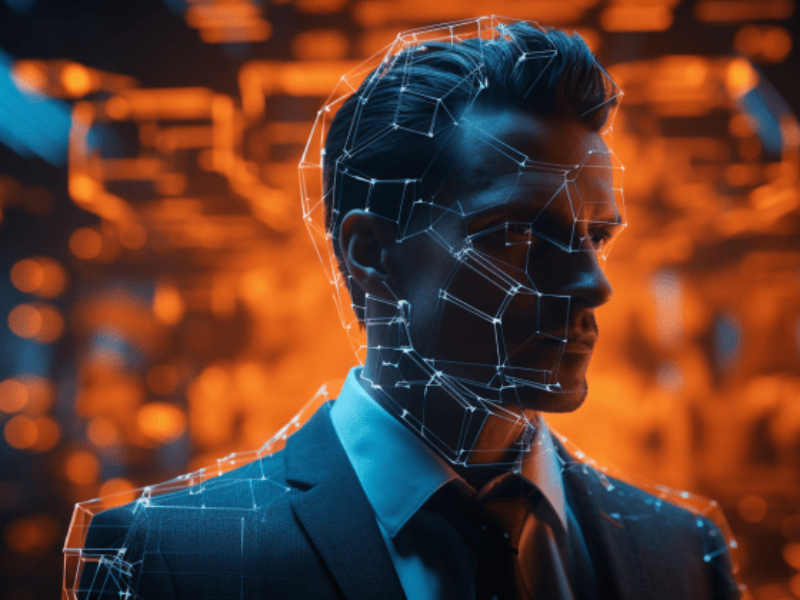- Video game performers under SAG-AFTRA have initiated a strike over unresolved disputes with major game studios regarding AI protections.
- Despite negotiations, the union and studios remain divided on comprehensive safeguards for performers against AI use without consent or fair compensation.
OUR TAKE
The strike underscores performers’ concerns over AI’s impact on their rights and livelihoods, highlighting the urgent need for robust protections against unauthorised use of their likenesses and voices. The resolution could set significant precedents for future negotiations in the digital age, shaping the landscape of intellectual property and labour rights.
–Vicky Wu, BTW reporter
What happened
Video game performers under the Screen Actors Guild-American Federation of Television and Radio Artists (SAG-AFTRA) have declared a strike, commencing at 12:01 a.m. on Friday, following the collapse of negotiations with major game studios over artificial intelligence protections. This marks the second strike for video game voice actors and motion capture performers since the union’s inception.
SAG-AFTRA, representing 160,000 actors, has negotiated with several video game companies, including Activision Productions Studios, Blindlight, Disney Character Voices International, Electronic Arts, Formosa Interactive, VoiceWorks Productions, and Warner Bros Games. While the studios assert they have offered AI protections, the union contends these do not adequately cover all performers, especially those involved in stunt work or creature performances.
SAG-AFTRA negotiators report that progress has been made on wages and job safety, but the issue of AI protections remains unresolved. Central to the dispute is the studios’ definition of who constitutes a “performer”, with some physical performances being treated as “data” rather than covered by the collective bargaining agreement. Without sufficient protections, game companies could train AI to replicate an actor’s voice or create a digital replica of their likeness without consent or fair compensation.
Also read: The historical evolution of the video game
Also read: Exploring the dynamics of the global video game industry
Why it’s important
This strike highlights the increasing concern within the entertainment industry about the impact of AI on performers’ rights and livelihoods. With the global video game industry generating over $100 billion annually, the people who design and bring games to life are crucial to its success. The union’s stance is not entirely anti-AI; rather, it seeks to ensure that the use of AI does not infringe on performers’ rights and that they receive fair compensation for the use of their likenesses and voices.
The outcome of this strike could set important precedents for future negotiations and the treatment of performers in the digital age. Previous negotiations resulted in a bonus compensation structure for voice actors and performance capture artists, but did not address AI protections. The current strike demonstrates the resolve of performers to secure their rights in the face of emerging technologies.

